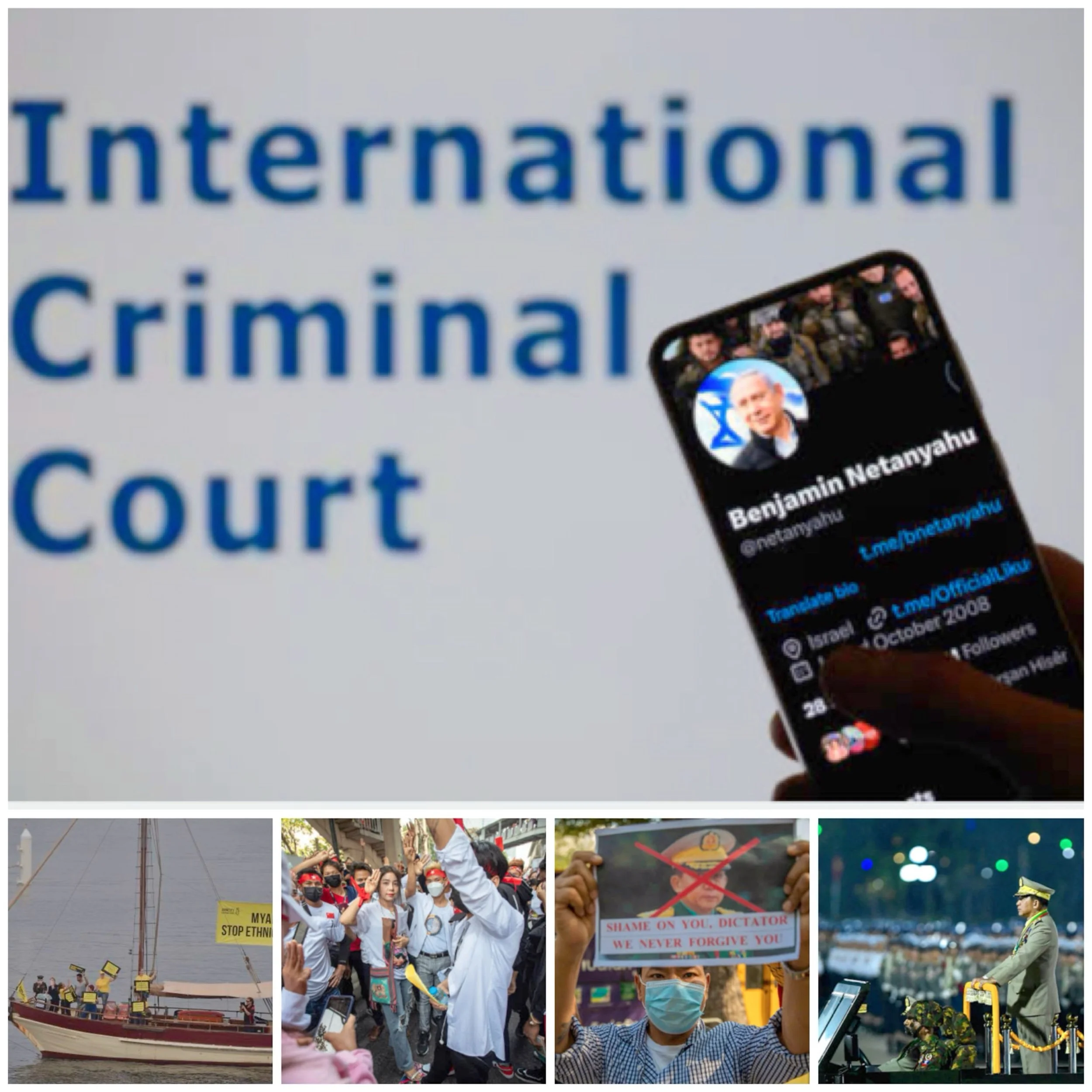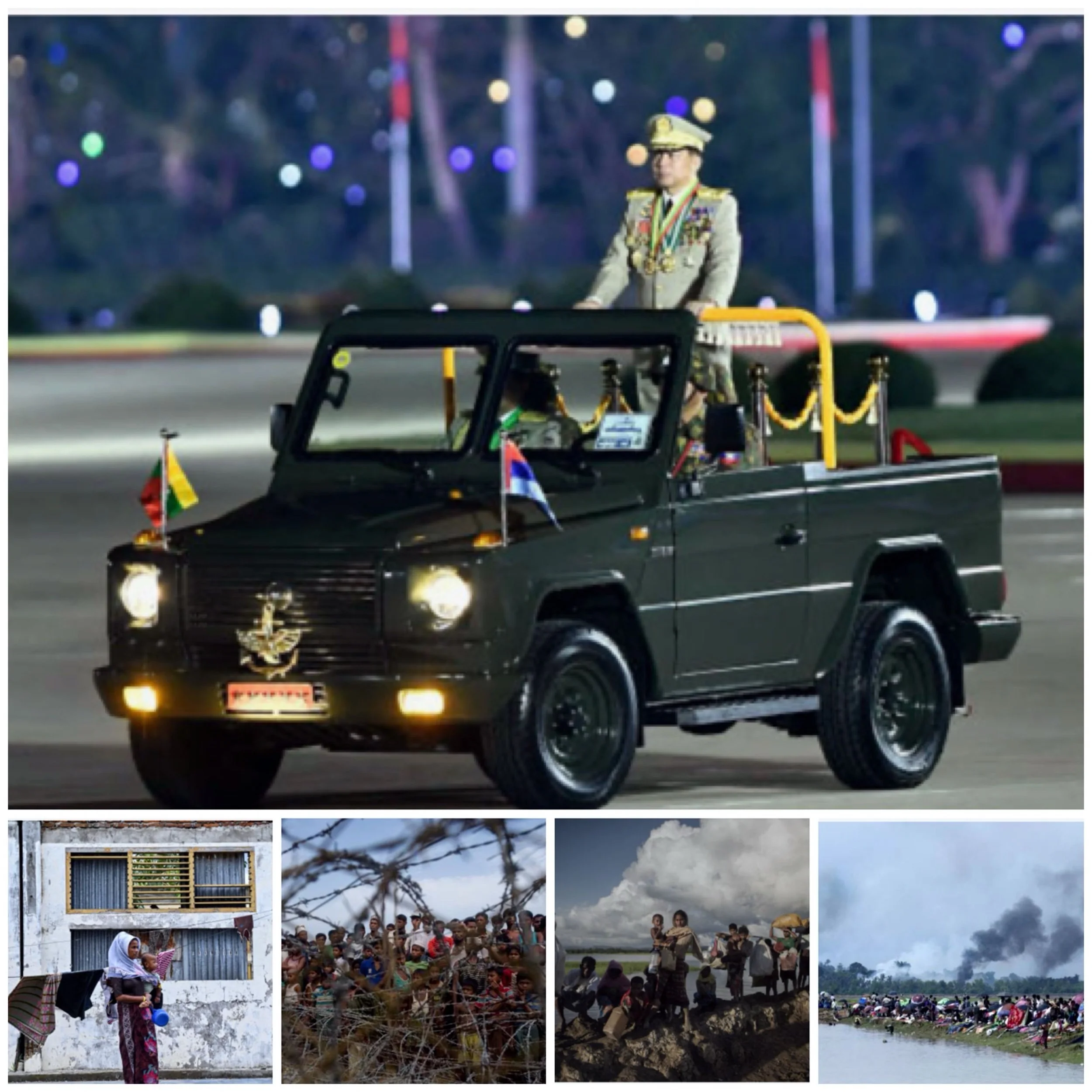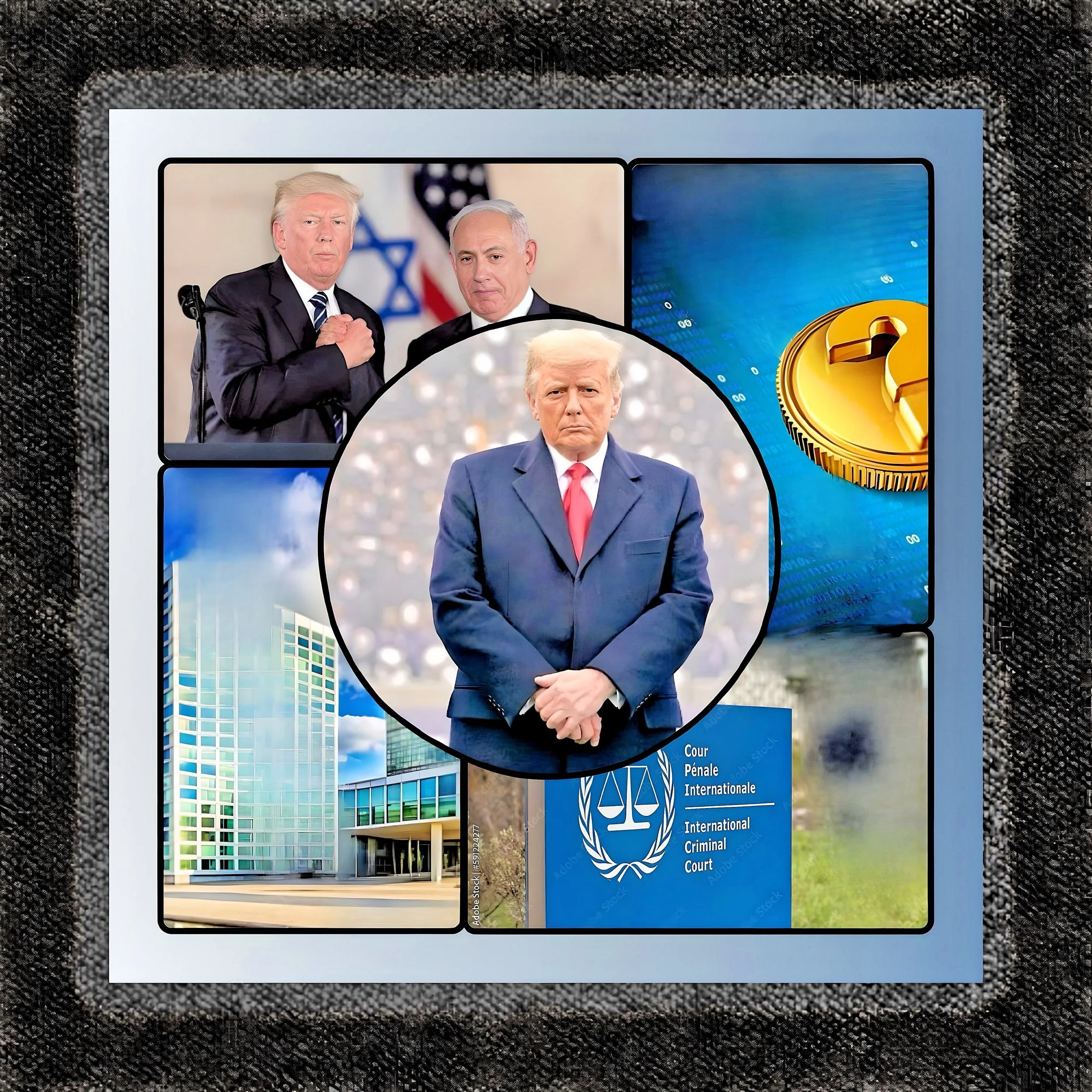ICC prosecutor seeks arrest warrant for Myanmar’s military leader
Introduction
Rohingya Crisis:
In August 2017, Myanmar’s military initiated a counterinsurgency campaign in Rakhine State, leading to widespread atrocities against the Rohingya, including mass killings, rapes, and the burning of villages. These actions forced nearly a million Rohingya to flee to neighboring Bangladesh. The United Nations has described these events as ethnic cleansing.
ICC Steps
On November 27, 2024, the International Criminal Court (ICC) Prosecutor, Karim Ahmad Khan, requested an arrest warrant for Myanmar’s military leader, Senior General Min Aung Hlaing, accusing him of crimes against humanity related to the persecution and deportation of the Rohingya Muslim minority.
International Investigations:
The ICC began investigating the situation in 2019, focusing on crimes that occurred at least partly on the territory of Bangladesh, an ICC member state. This jurisdictional basis allowed the court to examine the forced deportation and related crimes against the Rohingya.
Reactions:
Human Rights Organizations:
Groups like Human Rights Watch have welcomed the ICC’s move, viewing it as a significant step toward breaking the cycle of impunity in Myanmar. They emphasize the importance of holding military leaders accountable for atrocities committed against the Rohingya.
Myanmar’s Response:
The military regime has rejected the ICC proceedings, noting that Myanmar is not a party to the ICC and asserting that its leadership practices a policy of “peaceful coexistence.”
Next Steps:
A panel of three ICC judges will review the prosecutor’s request to determine if there are reasonable grounds to issue an arrest warrant for Min Aung Hlaing. There is no specified timeline for this decision.
Additional Context:
Min Aung Hlaing’s Role: As the Commander-in-Chief of Myanmar’s armed forces, Min Aung Hlaing oversaw military operations during the 2017 crackdown on the Rohingya. He has been accused of directing systematic attacks against civilian populations, actions that have drawn international condemnation.
Conclusion
The ICC prosecutes individuals for the gravest offenses, including genocide, war crimes, and crimes against humanity. While Myanmar is not an ICC member, the court can exercise jurisdiction over crimes committed on the territory of member states, such as Bangladesh, where many Rohingya sought refuge.






